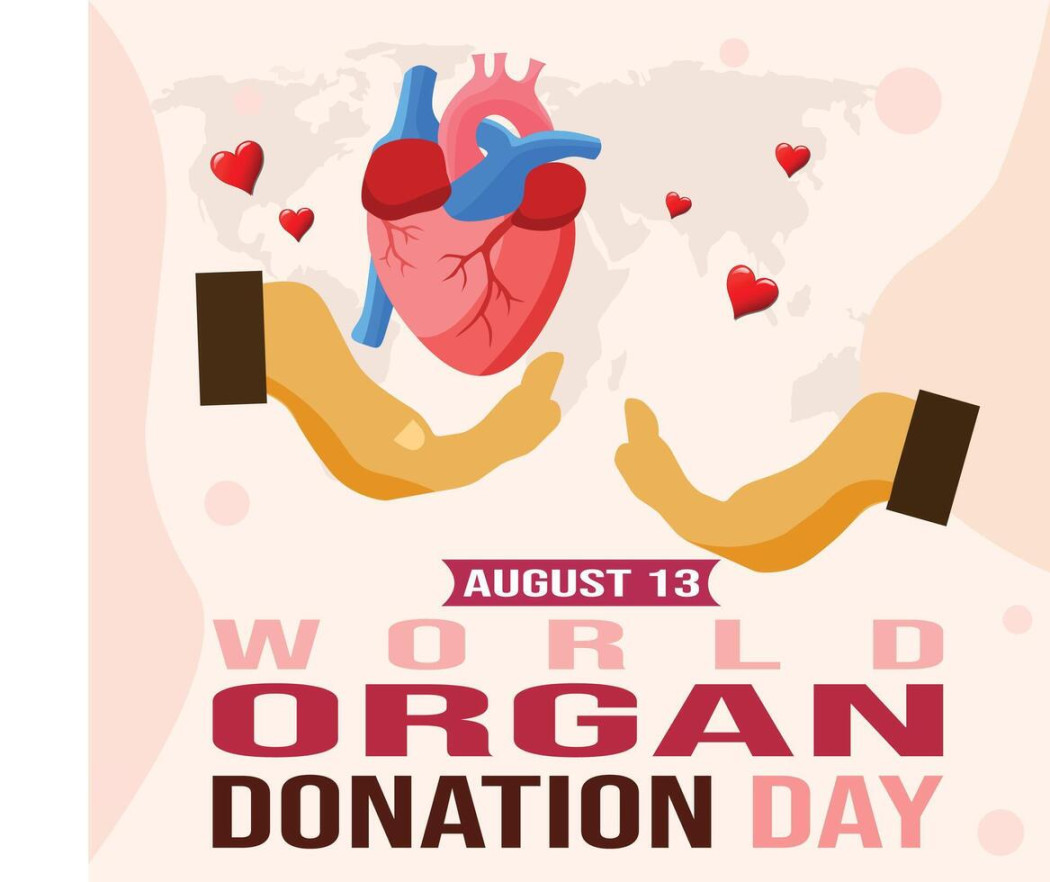Understanding the Importance of Clarity and Conciseness
A well-designed Organ Donor Card Template should be clear, concise, and visually appealing. The information presented should be easy to understand and act upon. The template should also project a sense of professionalism and trustworthiness, as it conveys a serious and sensitive topic.

Essential Elements of a Professional Organ Donor Card Template
1. Donor Information:
2. Organ Donation Preferences:
3. Medical Conditions:
4. Legal and Ethical Considerations:
5. Emergency Contact Information:
6. Medical Examiner Information:
7. Witness Signature:
Design Elements for Professionalism and Trust
1. Clean and Minimalist Layout: A clean and uncluttered layout helps improve readability and conveys a sense of professionalism.
2. Consistent Typography: Use a consistent font style and size throughout the template to maintain a cohesive appearance.
3. Clear and Contrasting Colors: Choose colors that are easy to read and visually appealing. Avoid excessive use of bright or distracting colors.
4. High-Quality Imagery: If using images, ensure they are high-quality and relevant to the topic.
5. Alignment and Spacing: Maintain consistent alignment and spacing between elements to create a balanced and professional design.
6. Branding Elements: If applicable, incorporate branding elements (e.g., logo, color scheme) to reinforce the organization’s identity.
Additional Considerations
1. Accessibility: Design the template to be accessible to individuals with disabilities. Consider using larger fonts, higher contrast, and alternative text for images.
2. Translation: If targeting a diverse audience, consider providing the template in multiple languages.
3. Regular Updates: Review and update the template periodically to ensure it reflects current legal and medical guidelines.
By carefully considering these elements, you can create a professional and effective Organ Donor Card Template that clearly communicates the donor’s wishes and inspires confidence in the organ donation process.